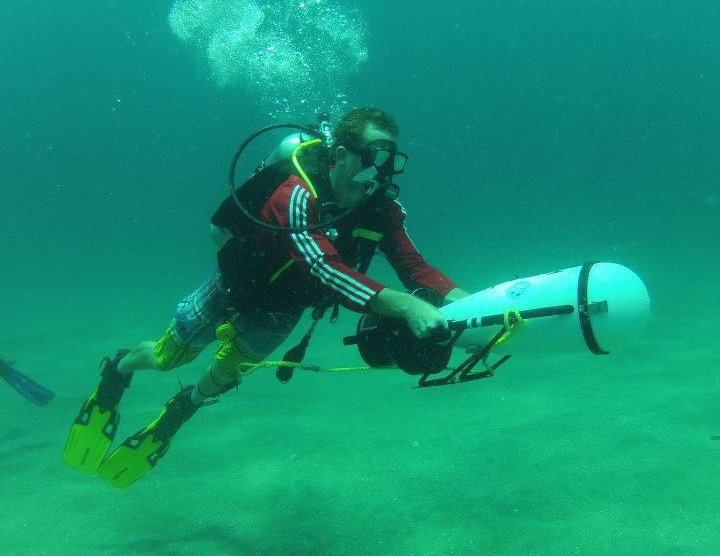Document Type
Article
Publication Title
PLoS ONE
Abstract
Over the last half-century, coral diseases have contributed to the rapid decline of coral populations throughout the Caribbean region. Some coral diseases appear to be potentially infectious, yet little is known about their modes of transmission. This study experimentally tested whether dark-spot syndrome on Siderastrea siderea was directly or indirectly transmissible to neighboring coral colonies.We also tested whether open wounds were necessary to facilitate disease transmission. At the completion of the experiments, we sampled bacterial communities on diseased, exposed, and healthy coral colonies to determine whether bacterial pathogens had transmitted to the susceptible colonies.We saw no evidence of either direct or waterborne transmission of dark-spot syndrome, and corals that received lesions by direct contact with diseased tissue, healed and showed no signs of infection. There were no significant differences among bacterial communities on healthy, exposed, and diseased colonies, although nine individual ribotypes were significantly higher in diseased corals compared with healthy and exposed corals, indicating a lack of transmission. Although our experiments do not fully refute the possibility that dark-spot syndrome is infectious and transmissible, our results suggest that in situ macroscopic signs of dark-spot syndrome are not always contagious.
DOI
10.1371/journal.pone.0147493
Publication Date
1-20-2016
Recommended Citation
Randall, C. J., Jordan-Garza, A. G., Muller, E. M., & Van Woesik, R. (2016). Does dark-spot syndrome experimentally transmit among caribbean corals'. PLoS ONE, 11(1) doi:10.1371/journal.pone.0147493


